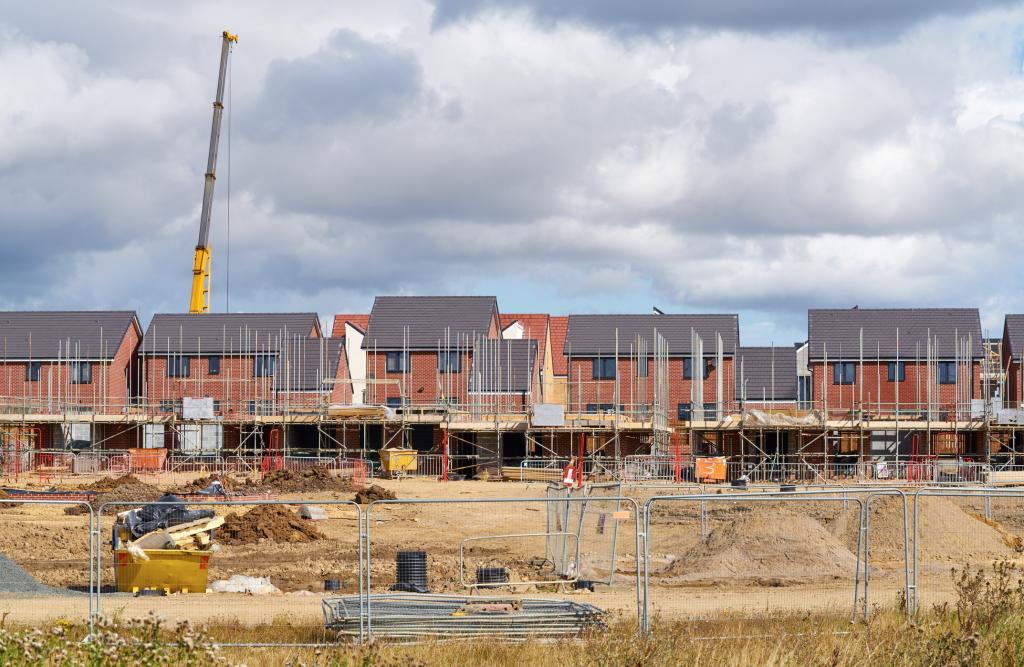
There is a housing emergency, there are approximately 8.5 million people in England who are in need of housing but cannot access it.
When a country’s government changes, so do the direction of its policies. When the general election was announced, the current housing emergency was a huge focus in the standing parties manifestoes. Homelessness, overcrowding, unaffordable and unsuitable housing are just some of the struggles that people are faced with. Many hope that the new Labour government will produce a long-term plan to help end the housing emergency.
Since the election, Labour have announced what changes they plan to implement to help tackle the crisis. Their discussions have included the following:
Preserving natural spaces
Labour want to preserve the ‘green belt’ by prioritising the use of Brownfield developments, which are buildings or land that have previously been used for industrial or commercial purposes. They have also suggested that ‘grey belt’ land, which is land within the green belt that is regarded as ‘poor quality’, which might include wastelands and former car parks could also be used. Labour’s intention is to help preserve natural spaces and the communities around them, as well as making it easier for developers to get planning permission. By utilising brownfield developments and grey belt land, there could be a decrease the number of valid objections received by communities to new developments on the basis of protecting the green belt.
Boosting the number of homes built, with a focus on affordable housing
The government have suggested that they will re-introduce mandatory housebuilding targets, with the aim of increasing the delivery of affordable housing across the UK to meet demand. There are currently approximately 1.3 million households on the social housing waiting list, these figures could potentially be reduced by increasing the number of homes available. This will be facilitated by increasing funding and the grants available to housing associations enabling them to build more affordable housing.
Regulatory changes for landlords
Labour proposed that they will make regulatory changes to provide more security for renters and improve the standard of housing and living conditions for tenants. This includes the abolition of ‘no fault’ evictions, improving energy efficiency to save tenants money and putting additional protections in place to prevent exploitation and unreasonable rent increases being inflicted on tenants. This could however affect the number of properties available to rent as landlords may be more hesitant about purchasing properties to let and taking in new tenants in light of the stricter obligations they will be under.
Making homeownership more accessible
Another focus of the new government will be making homeownership more accessible, especially to first time buyers. Their plan is to prioritise first time buyers, enabling them to get onto the property ladder. There have been talks of a mortgage guarantee scheme to assist those requiring higher deposits however more details are yet to be provided.
Another factor that has been discussed is Stamp Duty Land Tax. For some buyers, this can add a huge cost to their house buying journey. Labour have suggested that they will reform the current system so that higher value properties are taxed more heavily, reducing the impact on those purchasing lower value properties. This could make purchasing a property, for who do not qualify for exemption, more viable.
Although there is no guarantee that the changes mentioned above will be implemented, and that the housing emergency will be resolved, it is certain that we will begin to see a shift in the country’s political policies now the Labour government are in power. We look forward to continuing to assist Housing Associations and supporting our charity clients in doing their part to help end the housing emergency.
If you wish to discuss anything mentioned in this article, please contact our Social Housing team.
